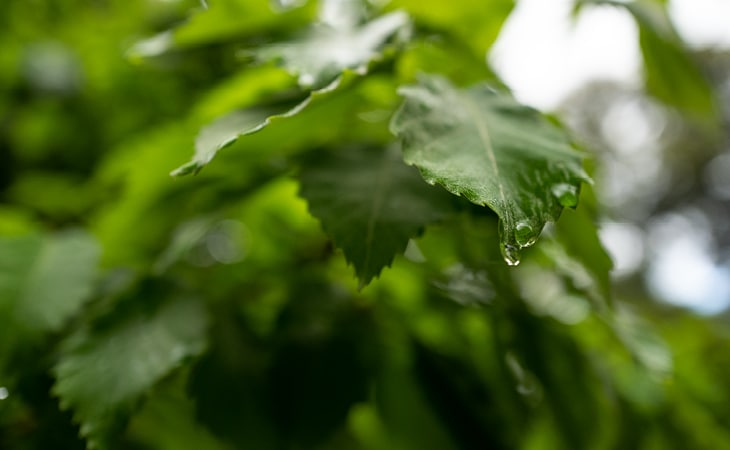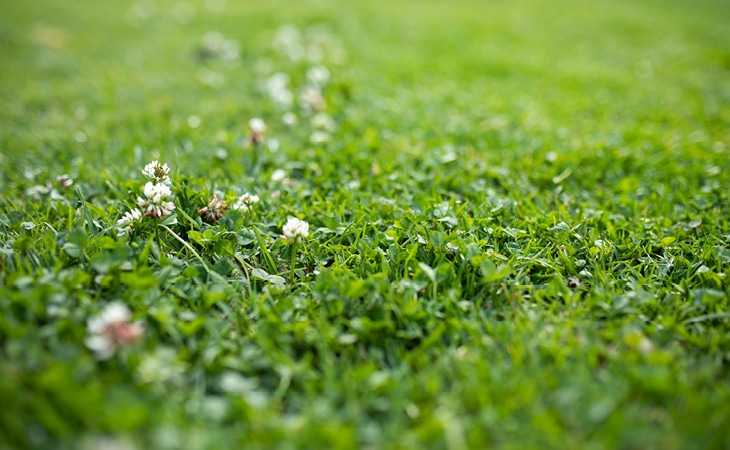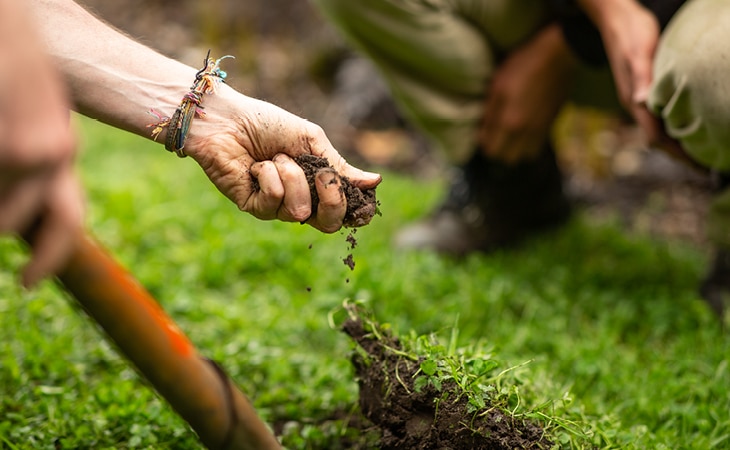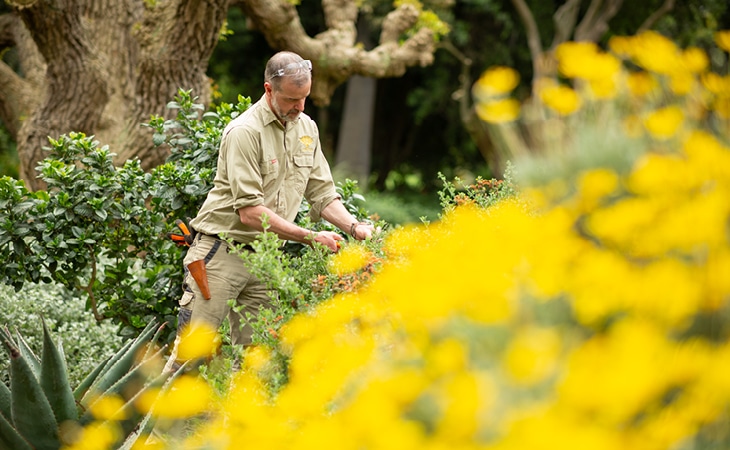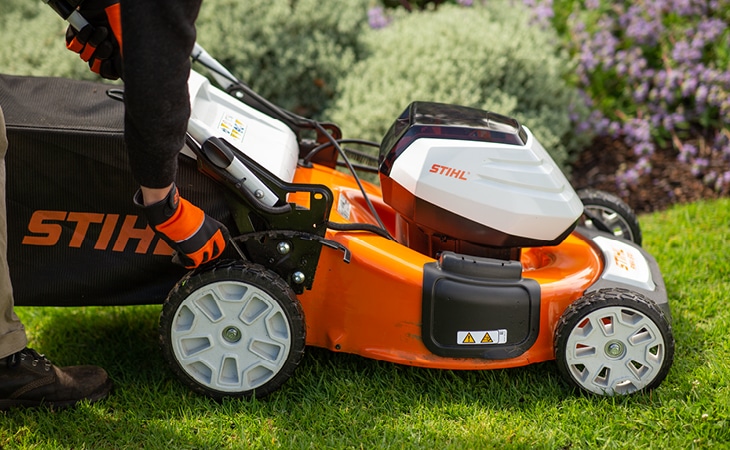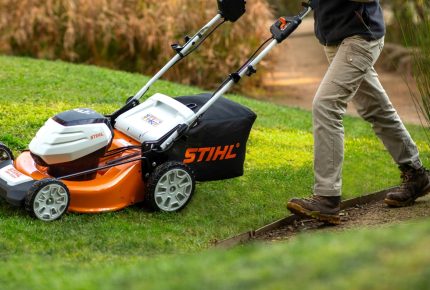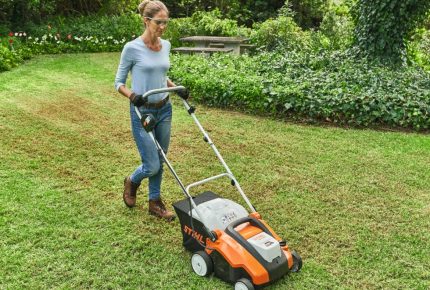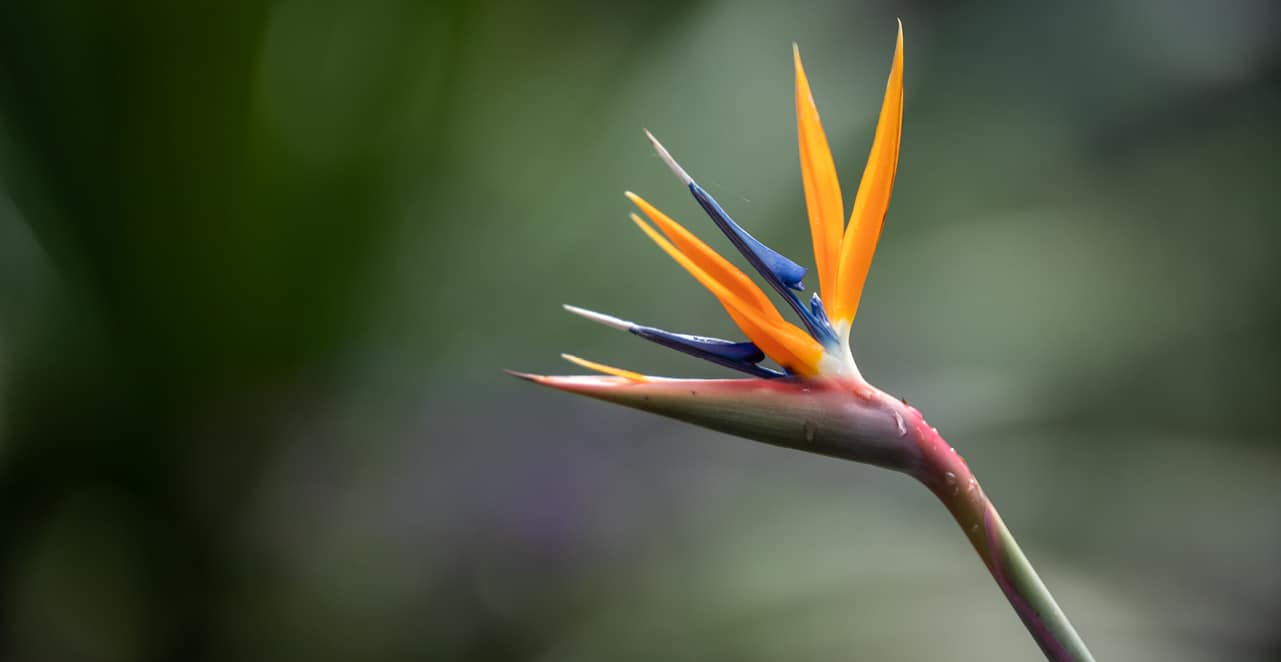
#How To
Tips to help your garden beat the summer heat
It’s important to prepare your garden for the extreme conditions that we can expect during summer. Let’s be honest, your garden is going to struggle with the change in season either way, but there are plenty of things you can do to help it cope.
MULCH for moisture
Applying a layer of mulch to your garden is a great way to keep your soil cool and to help your plants survive the extreme temperatures experienced during summer. Not only will it reduce the amount of evaporation that occurs, it will also reduce the need for watering by up to 45%, which is particularly useful in drier parts of the country.
Mulch also suppresses weed growth, which can be a problem during the summer months. Make sure you remove all weeds before you apply the mulch however, and apply a layer thick enough to discourage new weeds from making their way through. 3-4 inches should do the trick. Using an organic mulch made up of former living materials such as leaves, straw and grass clipping will also improve the overall health of your garden as it decomposes.
WATCH FOR WEEDS
In some parts of the country, summer weeds can be a big problem, especially if they’re not nipped in the bud before they seed. They can also impact growth in your garden for seasons to follow, so not only do they look ugly, they’re not great for the overall health of your garden.
Effective weed control will reduce the number of weeds in your garden for years to come, so don’t ignore them!
WHEN TO WATER
Again, a layer of mulch is key when it comes to retaining moisture in your garden and in your soil. It’s also important to keep an eye on the moisture levels in your garden as it’s hard to tell from the surface whether your soil is in strife or not. Using a spade, make a small incision about 10cm deep and feel the soil with your hand. If it’s moist, a light water will do. If it’s dry, your garden can probably do with a good sprinkler soaking.
The amount of watering required also depends on the type of soil you have. Light and sandy soils loose water more easily and therefore need their water levels topped up more often. Heavy or clay based soils need less attention as they retain water much better than the latter.
Making sure your gardens moisture levels are in check well before the extreme summer weather sets in will give it the best chance of survival. Unfortunately if you wait until the damage is done, it might be too late. Watering your garden at the end of the day once the heat has somewhat subsided will allow your garden to absorb the moisture overnight.
Deadheading
It’s worth considering deadheading/tip pruning your small shrubs and herbaceous perennials once they’ve finished flowering. Doing this prevents the plant using energy required to produce seed, and this energy will most likely be used to produce more flowers. Deadheading also makes your plants look tidier overall!
Tip pruning can be carried out in early summer on shrubs that have finished flowering in late spring or early summer. This will keep the plant more compact and encourage new growth. Just be careful not to prune too hard in summer on some shrubs because the shock and heat stress that may occur can damage the new growth.
Love your lawn
Keep your mowing height high during the hotter months of the year. This will protect your lawn from getting burnt from the sun, and also help it to retain moisture, particularly if it’s in a sun drenched area of your garden.
If you’re in an area that’s not under current water restrictions, a good soaking once a week is advised to keep it thriving all summer long.

